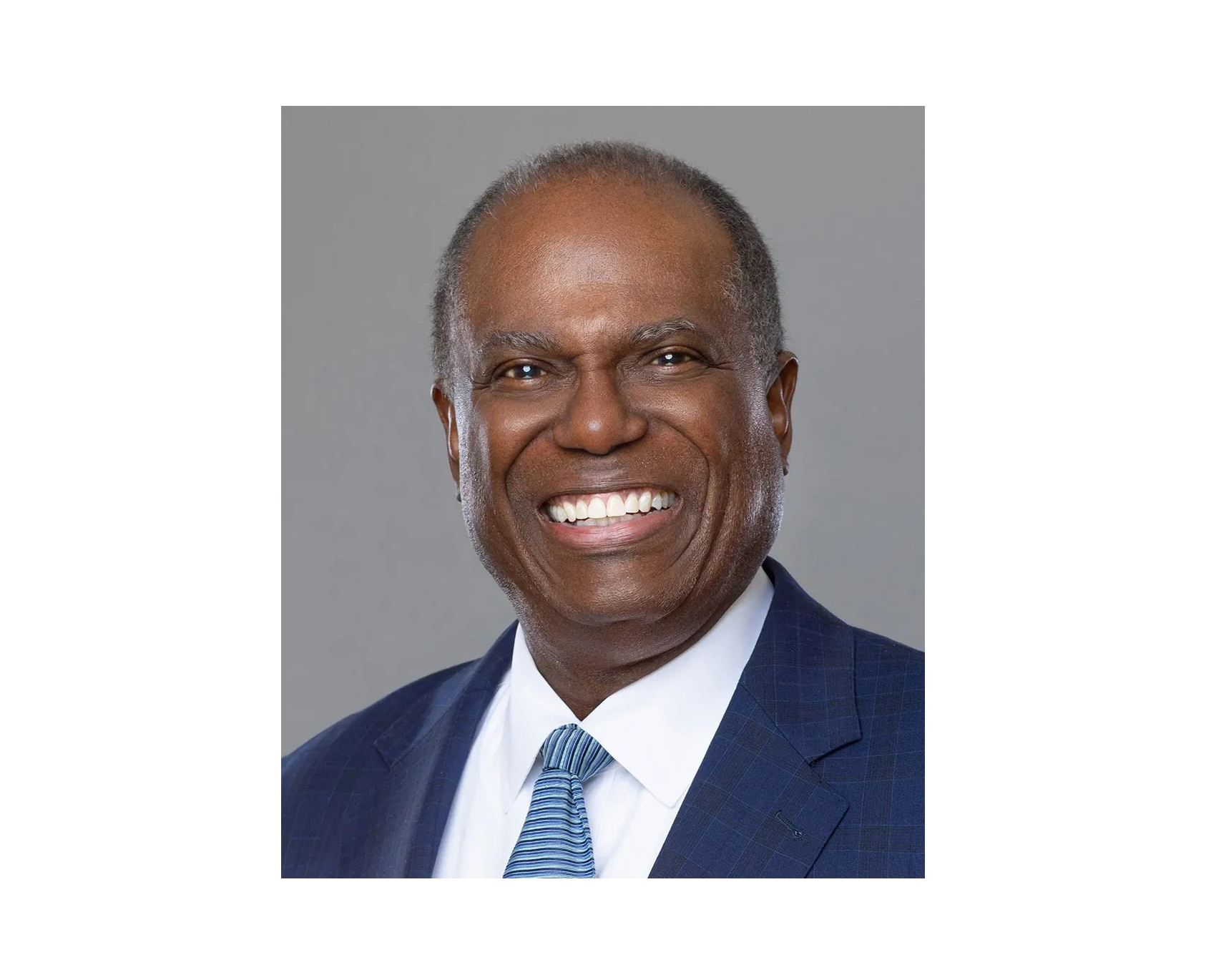By Alex Ershock of Lewis Brisbois
Originally published May 2, 2025
On April 24, 2025, the Florida House and Senate passed the Contracts Honoring Opportunity, Investment, Confidentiality, and Economic Growth (CHOICE) Act, which Governor Ron DeSantis is expected to sign. The Legislature emphasized Florida’s legitimate state interest to strong legal protections in employment contracts, promoting information sharing, training, and development. The law takes effect on July 1, 2025. While most states have moved to restrict non-compete agreements, the CHOICE Act cements Florida as the most non-compete-friendly state in the country. It covers statutorily defined non-compete and garden leave agreements, ensuring full enforceability if specific conditions are met.
Who does the CHOICE Act apply to?
The CHOICE Act applies to “covered” employees and employers. Under the new § 542.43, a covered employer is one that employs a covered employee, defined as an individual earning or “reasonably expected” to earn more than twice the annual mean wage of the county where the employer’s principal place of business is located. If the employee works for an out-of-state employer, the annual mean wage is determined by the county where the employee resides. Notably, independent contractors are explicitly included in the definition of employee. Consistent with Florida’s existing non-compete laws, the CHOICE Act applies regardless of worker classification—with one notable exemption.
The CHOICE Act creates a blanket exemption for health care practitioners, as defined in § 456.001(4), Fla. Stat, including any physician licensed under Chapter 458, chiropractors, nurses (including ARNPs and CNAs), and mental health practitioners and counselors, like psychologists and psychotherapists. At first glance, the law appears to ban non-compete agreements for medical professionals after July 1, 2025, aligning Florida with other states that have enacted similar exemptions. But the CHOICE Act does not seem to apply retroactively, leaving existing non-compete agreements for health care practitioners presumptively intact.
What is a covered non-compete agreement?
A non-compete agreement must meet specific requirements to be covered under the CHOICE Act:
- It must inform the employee in writing of their right to seek attorney review and provide at least seven days for evaluation.
- The employee must acknowledge in writing that they will receive confidential information or customer relationships.
- The employee must agree not to take a role with another employer where they would provide similar services or use confidential information or customer relationships acquired from the former employer.
- The agreement must be enforceable for no more than four years.
- The non-compete period must be reduced on a 1-to-1 basis for each day spent under a garden leave agreement.
Although the definition of a covered non-compete agreement states that it is enforceable within the geographic area “defined in the agreement,” the CHOICE Act does not actually require a geographic boundary to be enforceable. As written, the Act applies globally. The courts will need to weigh in to the extent employers seek to enforce global limitations on competing employment relying on this statute.
What is a covered garden leave agreement?
A covered garden leave agreement shares key elements with non-compete agreements. It must inform the employee of their right to legal review and allow at least 7 days for evaluation. The employee must also acknowledge in writing that they received confidential information or customer relationships. Additional requirements include:
- An “advance, express” notice period of up to four years before employment or contract termination.
- The employer must continue paying the employee’s regular base salary and benefits during the notice period. The employer may, however, exclude discretionary pay or benefits.
For the first 90 days of the garden leave, the employee must continue working under the agreement. After that, they are free to engage in nonwork activities. If the employer permits, the employee may work for another company during the remainder of the notice period. Additionally, with 30 days’ written notice, the employer can unilaterally shorten the garden leave notice period.
What are the remedies for an employee’s violation of the CHOICE Act?
The CHOICE Act mandates injunctive relief for violations by covered employees. If a covered employer seeks injunctive relief, the court must preliminarily bar any business, entity, or individual from engaging the employee during their notice period. This applies equally to non-compete and garden leave agreements. In addition to injunctive relief, covered employers may recover all available monetary damages.
Once the injunction is in place, the employee (or their new employer) faces a steep burden to challenge it. The court may modify or dissolve the injunction only if the employee provides clear and convincing non-confidential evidence showing they will not perform similar work or services during the three years preceding the start of the non-compete agreement or garden leave notice period. They must also prove that the new or prospective employer is not involved in or preparing to enter a similar business as the employer enforcing the restriction. Failure to pay promised garden leave salary and benefits or non-compete consideration can justify modifying the injunction, but the employer must first have a “reasonable opportunity” to cure the failure.
The prevailing party may recover attorney’s fees and costs in any CHOICE Act enforcement action. Since employees must provide clear and convincing evidence to contest violations, this provision appears to favor employers. Additionally, if an employee commits “gross misconduct,” the employer may reduce salary or benefits without breaching the agreement.
Is there anything else to note?
The CHOICE Act asserts its supremacy over all other states’ non-compete laws. It applies to employees whose primary workplace is Florida and to employers with a principal place of business in Florida, regardless of choice-of-law provisions. Litigation seems inevitable over whether Florida agreements can be enforced in states where local laws or public policy conflict with Florida’s approach, including New York and Illinois. Further, remote employees working for Florida-based companies from states that ban non-compete agreements—such as California or Minnesota—are likely to challenge the agreement under their state’s laws.
Finally, the CHOICE Act appears to operate in tandem with the state’s existing non-compete laws. Even if the CHOICE Act does not apply to a particular employee, Florida law still provides for enforcing restrictive covenants if the employer is seeking to protect a legitimate business interest and the contractually-specified restraint is reasonably necessary to protect those interests. The key difference between employees subject to the CHOICE Act and those subject to the general non-compete laws appears to be the mandatory nature of CHOICE Act injunctive relief.
As we mentioned in our most recent webinar, the law around non-compete agreements has been rapidly developing. If you’re a Florida-based employer, or you’re employing Florida-based employees, now is the time to ensure that your non-compete agreements will be enforceable under the CHOICE Act.
 Alex Ershock is a Partner in the Fort Lauderdale offices of Lewis Brisbois and a member of the Labor & Employment Practice. He specializes in labor & employment defense litigation in federal and state courts. He can be reached at Alex.Ershock@lewisbrisbois.com or 954.939.3371.
Alex Ershock is a Partner in the Fort Lauderdale offices of Lewis Brisbois and a member of the Labor & Employment Practice. He specializes in labor & employment defense litigation in federal and state courts. He can be reached at Alex.Ershock@lewisbrisbois.com or 954.939.3371.
Get Important Surety Industry News & Info
Keep up with the latest industry news and NASBP programs, events, and activities by subscribing to NASBP SmartBrief.





